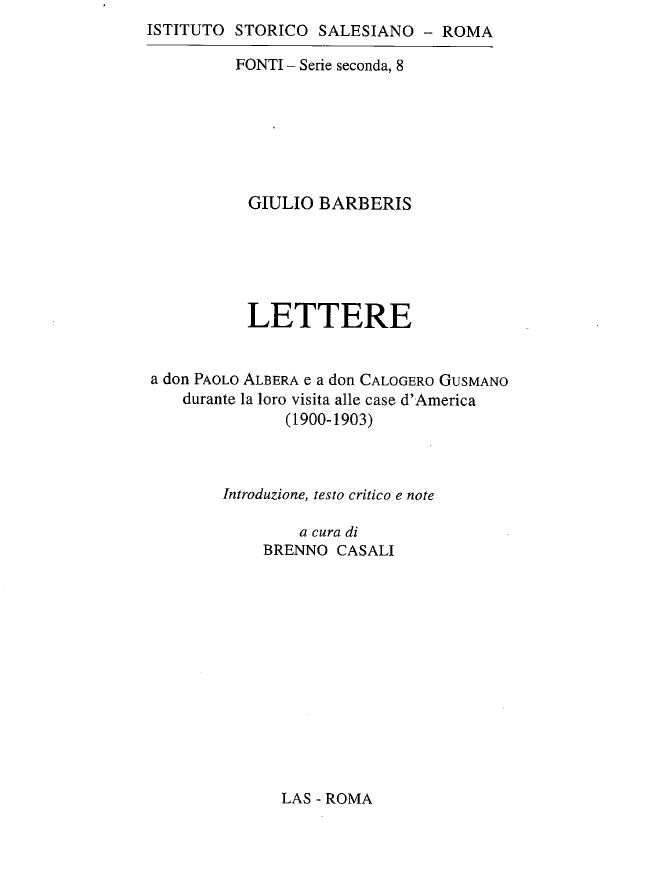La Sardegna non è vasta ma percorrerla attraverso i suoi archivi (di stato, case religiose, diocesani, parrocchiali, scolastici, biblioteche comunali e private, istituzioni statali, comunali, enti pubblici, università…) non è stato semplice. Il lavoro di ricerca, sicuramente, non si può dire concluso; esso ci riserva ancora delle novità.





